Fake South Florida advisors target Venezuelan-Americans in scheme, SEC alleges
The Securities and Exchange Commission on Tuesday filed a complaint against two South Florida men posing as financial advisors who targeted members of the Venezuelan-American community in a multi-million dollar investment scheme.
Francisco Javier Malave Hernandez and Ricardo Javier Guerra Farias used a fake firm, Toller Stern Financial Services, as part of their scheme to defraud investors who bought close to $5 million in promissory notes. Most of the investors are members of the Venezuelan-American community, according to the SEC.
In a case of affinity fraud, the fraudsters who carry out scams frequently are, or pretend to be, members of the group they are trying to defraud, according to the SEC. Affinity fraud means the group could be a religious group, such as a particular denomination or church, or an ethnic group or immigrant community. It could be a racial minority or a particular workforce, including members of the military.
“An affinity group is any group that you belong to, be it professional, religious or social,” said Sander Ressler, managing director of Essential Edge Compliance Outsourcing Services. “Investors must always be aware and cautious of any individuals who are prospecting them through such a group.”
Investment News
Be dubious about investment professionals who are marketing investments through an affinity group, one industry executive says.



